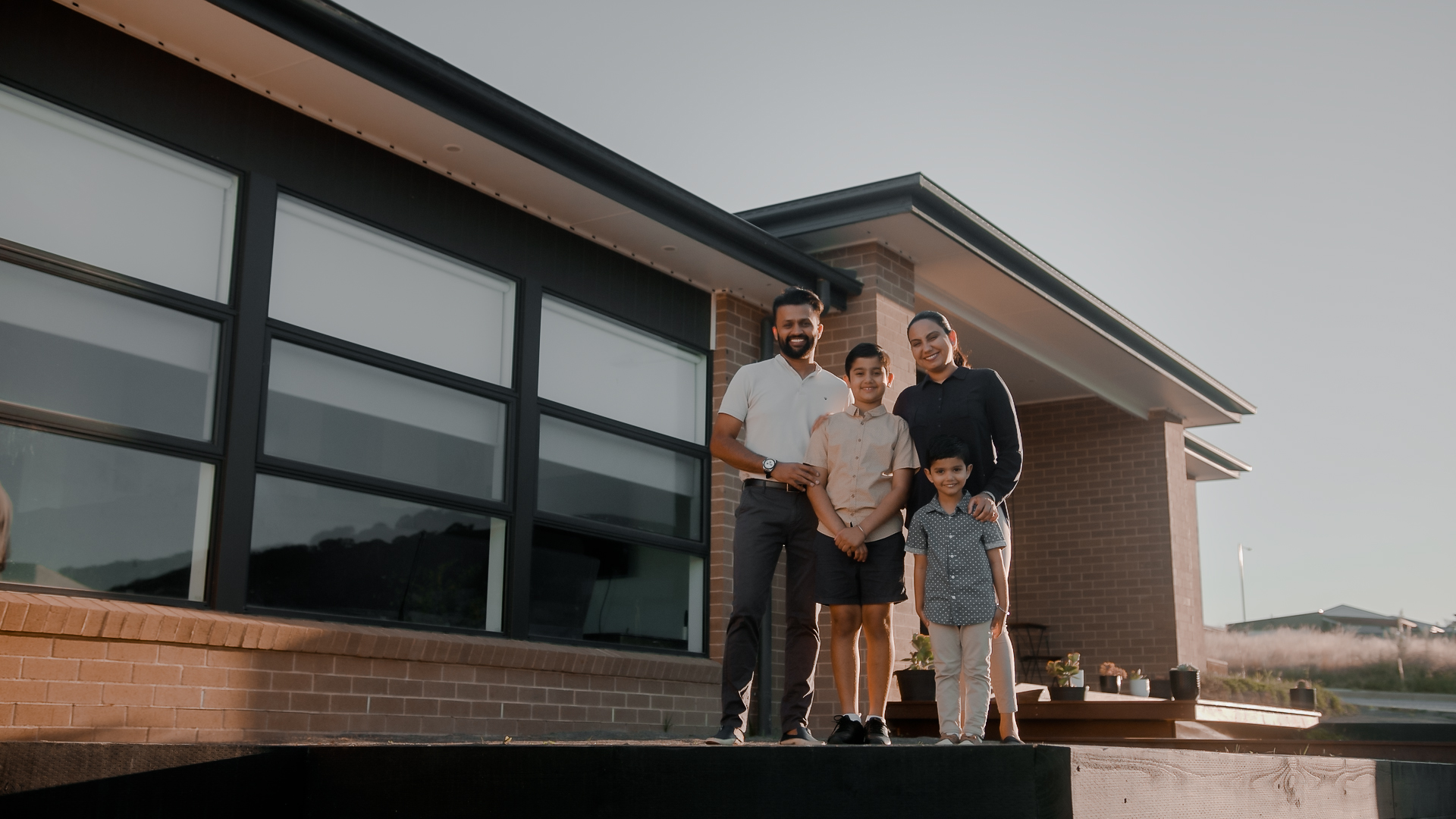- No products in the cart.


Official results show that 2018 was one of the strongest years on record for population growth, with the number of people living here rising by 404,780 during the year.
“This reinforces the need for state and territory governments to work with the Federal Government to implement microeconomic reform measures that will support the fast tracking of congestion busting infrastructure projects and more efficient planning, tax and red tape cutting regimes to support an increase in new housing construction,” Shane Garrett, Chief Economist of Master Builders Australia said.
The ABS data indicate that Australia’s population rose by 1.6% over the course of 2018. Net migration from overseas accounted for about 250,000 additional residents while the excess of births over deaths added 156,000 to the population.
“There is a very strong linkage between inward migration to Australia and the pace of job creation. The 270,000 increase in total employment during 2018 is very similar to the figure for overseas migration,” Shane Garrett said.
“Population and jobs growth drives construction activity right across the spectrum including for residential, offices, shops, schools and hospitals – not to mention all of the support infrastructure needed,” he said.
“Australia’s building sector is currently facing challenges in the form of weakening economic growth and difficulties around access to finance in some parts of the market. Fast tracking the rollout of previously announced government infrastructure projects would help strengthen confidence on the ground in addition to meeting the needs of a growing population,” Shane Garrett said.
“Master Builders estimates that between 193,850 and 201,705 new homes will need to be built each year over the coming two decades to accommodate future growth. Failing to do this will surely result in home ownership becoming an even more formidable quest for our younger generations,” he said.
“Given that we managed to build just 173,350 dwellings per year over the past 20 years, the onus is on all tiers of government to lift their game and ensure that land supply, planning policy and taxation settings are more conducive to the delivery of the homes and buildings we will require,” Shane Garrett.
During 2018, the fastest rate of population growth was in Victoria (+2.2%), followed by the ACT (+1.8%) and Queensland (+1.8%). More modest growth was recorded in NSW (+1.6%) and Tasmania (+1.2%).
Particularly challenging economic conditions in the NT contributed to a 0.4% decline in its population during 2018. Population growth was quite modest in South Australia (+0.8%) and Western Australia (+0.9%).

